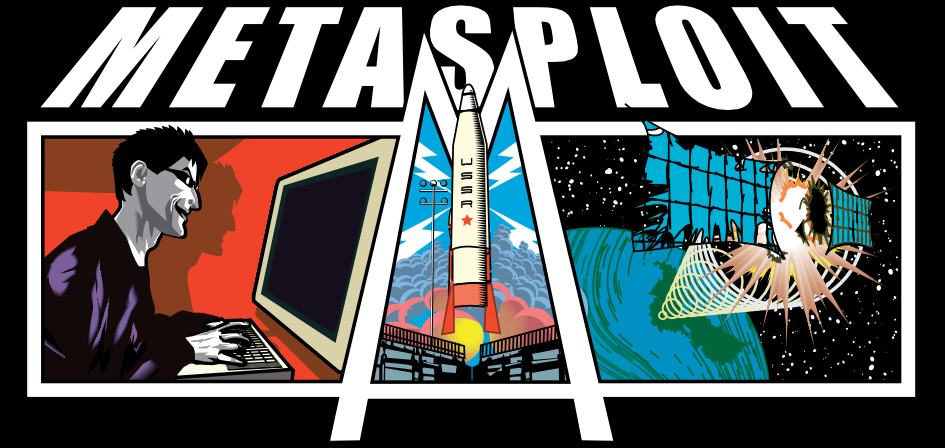Metasploit was developed by HD Moore as an
open source project in 2003. Originally written in Perl, Metasploit was
completely rewritten in Ruby in 2007. In 2009, it was purchased by Rapid7, an
IT security company that also produces the vulnerability scanner Nexpose.
Metasploit is now in version 4.9.3, which is included in
our Kali
Linux. It's
also built into BackTrack.
For those of you using some other version of Linux or Unix (including Mac OS),
Metasploit now has multiple products, including Metasploit
Pro (the full commercial version $30,000) and the Community edition that is
built into Kali and remains free.
Ways
to Use Metasploit
Metasploit
can be accessed or used in multiple ways. The most common method, and the one I
use, is the interactive Metasploit console.
This is the one that is activated by typing msfconsole at
the command line in Kali. There are several other methods as well.
Modules
Metasploit
has six different types of modules. These are:
·
payloads
·
exploits
·
post
·
nops
·
encoders
Payloads are
the code that we will leave behind on the hacked system. Some people call
these listeners,
rootkits, etc. In Metasploit, they are referred to as payloads. These payloads
include command shells, Meterpreter,
etc. The payloads can be staged, inline, NoNX (bypasses the No execute feature
in some modern CPUs), PassiveX (bypasses restricted outbound firewall rules),
and IPv6, among others.
Exploits are
the shellcode that takes advantage of a vulnerability or flaw in the system.
These are operating system specific and many times, service pack (SP) specific,
service specific, port specific, and even application specific. They are
classified by operating system, so a Windows exploit will not work in a Linux
operating system and vice versa.
Post are
modules that we can use post exploitation of the system.
Nops are
short for No OPerationS. In x86 CPUs, it is usually indicated by the
hex 0x90. It simply means "do nothing". This can be crucial in
creating a buffer overflow. We can view the nops modules by using
the show command.
msf
> show nops
Auxiliary includes
numerous modules (695) that don't fit into any of the other categories. These
include such things are fuzzers, scanners, denial of service attacks, and more.
Check out my article on auxiliary modules for
more in-depth information for this module.
Encoders are
modules that enable us to encode our payloads in various ways to get past AV an
other security devices. We can see the encoders by typing:



0 comments:
Post a Comment